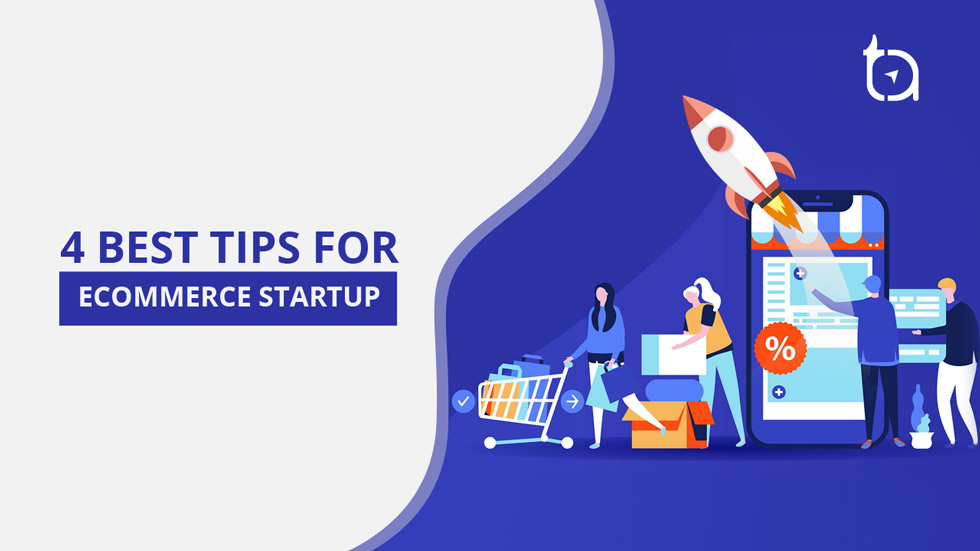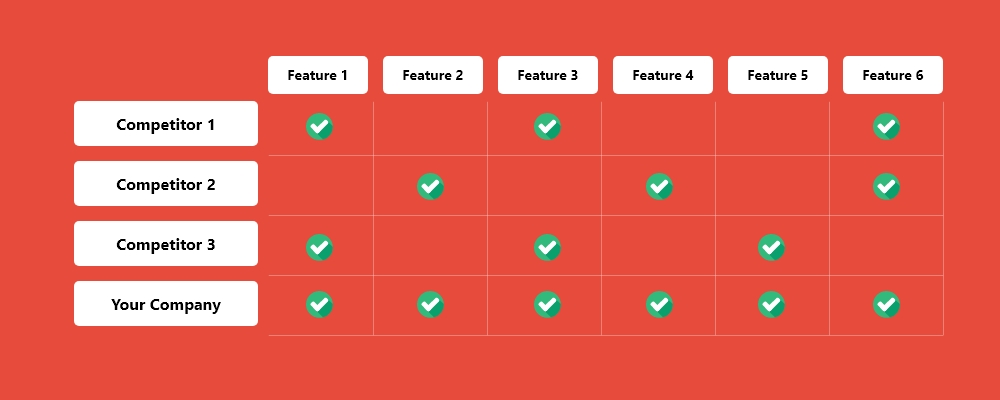How to Start an eCommerce Business & How to Succeed in it?

Author : TechAffinity 3rd Dec 2019

Have you ever wondered how to start online business, or to be specific, how to start eCommerce business? Not to mention, the business ideas for eCommerce businesses are endless. All it takes is to find a solution for hidden problems. For example, if you are a retailer who is planning for a long time to take your business for online audience, you can include the facility of eCommerce for business growth. So, the next time when you find a website for sale, grab it to take your business for online audience.
“Global business-to-business (B2B) eCommerce sales are predicted to reach over $6.6 trillion by 2020. The United States (US) alone will generate over $1.9 trillion in sales by that time.” as per Frost & Sullivan eCommerce Forecast.
Also, how much does it cost to start an eCommerce business? There is no one-size-fits-all answer. Based on the available resources, business requirements, and needs, it might vary. Following is a compilation of some of the best practices to be followed before starting an eCommerce business.
1.Addressing Consumer Need

Recognize Customer Need
How do I start an eCommerce business? By thorough market research and recognizing a need that can be sold as a product or service. One of the primary hurdles while starting an eCommerce business is discerning the relevant product that could benefit your consumers. This stage requires a lot of brainstorming with your team. The intention is to identify existing product opportunities, best places to find such unique ideas, and exploring future product trends.
Evaluate eCommerce Business Idea
The leading eCommerce businesses have best practices and strategies which you can use to evaluate your business ideas. Consider where your ideas might work and inquire about how to implement them. Moreover, make sure to consult with industry insiders and thought leaders on the feasibility and sustainability issues.
Acquire Necessary Items
With a great product idea, the next step is understanding where and how to obtain those products. Look at distinct ways of building your digital products necessary for your eCommerce business. Is it feasible to build them on your own? Do you have a contingency plan? How do you plan to bear the initial expenses, logistics, and inventory management costs? Weigh the pros and cons of every procurement model and then secure the necessary items.
2.Research and Prepare

Study your Competition
How much can you make with eCommerce? According to the eMarketer report, By 2021, it is estimated that global eCommerce sales will reach $5 trillion. In a competitive market, every business needs to do competitor research. Whether you are launching a product or a website or a platform, this enables you to stand out. Remember to check out their online presence, eCommerce website, target customers, social media platforms, customer experience elements, and digital marketing strategy.
Devise an eCommerce Business Plan
After the competitor analysis, the urgent preference is to come up with a great business plan. This is where all the core ideas and thoughts come together as a cohesive whole. If possible, do this multiple times to get better clarity of vision and purpose. A business plan outlines the key goals and specifies the desired outcome and impact. This approach lets you prioritize and experiment for accelerated growth.
3.Set Up Your Business

Name your Business
Once the product is finalized and the business plan is ready to be executed, it is essential to decide on an appropriate brand name. Your brand name reflects your values and why you do what you do. When starting an eCommerce business, a well-named brand can gain a lot of attention in a short duration. Think about a simple domain name that can register with your audience and connect them with your eCommerce business.
Design Brand Logo
With your registered domain name, the next area of interest for an eCommerce platform is to have a recognizable logo. Think of the best brands and their logos instantly evoke a strong emotion within you. Remember this while designing your logo. It has to capture your brand and help your customers relate it to their needs and everyday life.
Understand your SEO
Out of the millions of websites online, it is impossible to make a mark without a solid SEO strategy. Basic knowledge of SEO is a must for starting your own eCommerce business. By ranking your website for the relevant keywords, you give your customers that much more opportunity to find you.
Build your Store
Next is getting to build your online website on a web hosting platform. These web hosting platforms make it easy and convenient to get your website up and running across the web. Some of the best-known eCommerce platforms include Magento, WooCommerce, OpenCart, etc.
Develop a Mobile App
Smartphone users spend 90% time on mobile apps. By 2020, the global revenue from mobile apps is set to hit $580 billion. 66% of B2B executives say a mobile-friendly site makes them more likely to buy from or engage with a vendor. 41% say mobile apps make them more likely to buy or engage. Hence, a mobile app for eCommerce business is essential to build, grow, and sustain in the long run.
4.Launch Your Business

Once you have all the requirements sorted, make sure to iron out any logistics and transportation issues. Adhere religiously to your business plan when it gets a little chaotic. The challenges of running an eCommerce business can be energizing and tiring all at once. As and when you feel you are ready, launch your website and start your journey as an eCommerce business owner.
After launching your eCommerce website, promote your website by marketing it right. Adopt a data-driven approach to differentiate your brand and optimize your page load speeds. Use digital marketing strategies like SEO services, Social Media Marketing, Search Engine Marketing, etc. to boost your website traffic.
At TechAffinity, we have mastered the art of creating a high-end and seamless eCommerce experience for our clients, partners, and customers. Line up your queries and email them to media@techaffinity.com. You can also schedule a meeting with our experts to discuss your requirements in detail.